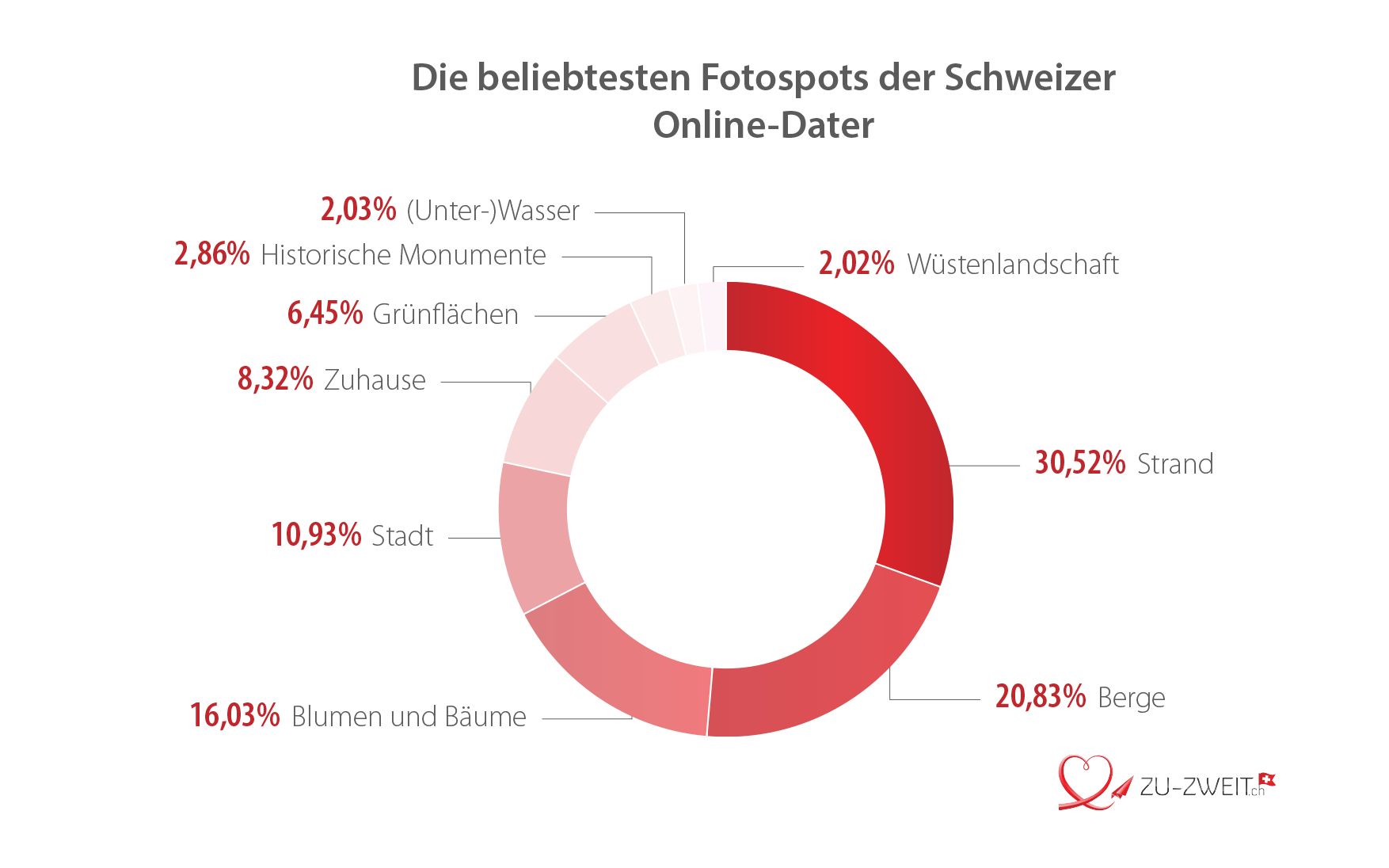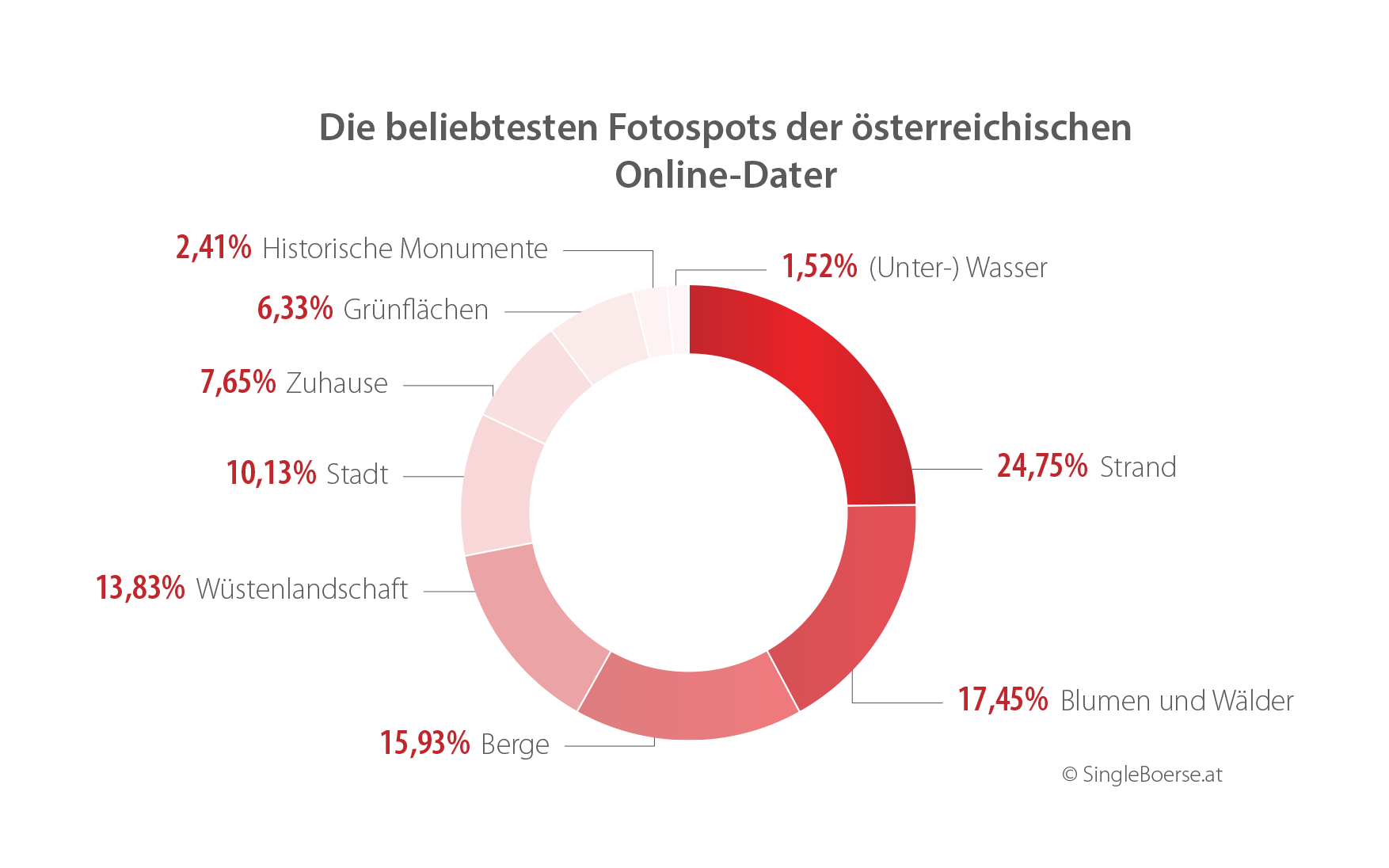
· Online dating sites frequently claim that they have fundamentally altered the dating landscape for the better. This article employs psychological science to examine (a) whether online dating is fundamentally different from conventional offline dating and (b) whether online dating promotes better romantic outcomes than conventional offline dating Weltweit erste Studie, die mithilfe künstlicher Intelligenz Online-Dating Profilbilder analysiert; Über 22 Millionen Profilbilder aus 16 Ländern wurden betrachtet - davon rund 1 Million aus der Schweiz; Einzigartige, verblüffende Erkenntnisse zur Selbstdarstellung von Männern, Frauen, Homo-und Heterosexuellen aller Altersgruppen Eine Online-Dating-Studie analysierte mehr als 5,5 Millionen Dating-Profile von Singles aus der ganzen Welt. fit For Fun: Studie zu Tinder, Bumble & Co.: So ticken Nutzer von Dating-Portalen Wer online nach der Liebe sucht, möchte sich von seiner besten Seite zeigen
Top aktuelle Online-Dating Studien - blogger.com
One in ten Americans have used an online dating site or mobile dating app themselves, and many people now know someone else who uses online dating or who has found a spouse or long-term partner via online dating. General public attitudes towards online dating have become much more positive in recent years, studie online dating, and social networking sites are now playing a prominent role when it comes to navigating and studie online dating romantic relationships.
One in every ten American adults has used studie online dating online dating site or a mobile dating app.
Online dating is also relatively popular among the college-educated, as well as among urban and suburban residents. Compared with eight years ago, online daters in are more likely to actually go out on dates with the people they meet on these sites.
Even today, online dating is not universally seen as a positive activity—a significant minority of the public views online dating skeptically. At the same time, public attitudes towards online dating have grown more positive in the last eight years:, studie online dating. In general, online daters themselves give the experience high marks. Yet even some online daters view the process itself and the individuals they encounter on these sites somewhat negatively. Familiarity with online dating through usage by friends or family members has increased dramatically since our last survey of online dating in People in nearly every major demographic group—old and young, men and women, studie online dating, urbanites and rural dwellers—are more likely to know someone who uses online dating or met a long term partner through online dating than was the case eight years ago.
And this is especially true for those at the upper end of the socio-economic spectrum:. Even as online daters have largely positive opinions of the process, many have had negative experiences using online dating. Paid dating sites, studie online dating, and sites for people who are seeking partners with specific characteristics are popular with studie online dating large numbers of online daters:.
Even today, the vast majority of Americans who are in a marriage, studie online dating, partnership, or other serious relationship say that they met their partner through offline—rather than online—means. At the same time, the proportion of Americans who say studie online dating they met their current partner online has doubled in the last eight years. This question was asked of everyone in a marriage or other long-term partnership, including many whose relationships were initiated well before meeting online was an option.
Younger adults are also more likely than older ones to say that their relationship began online. In addition, people who have used online dating are significantly more likely to say that their relationship began online than are those who have never used online dating. Compared with when we conducted our first study of dating and relationships inmany more Americans are using online tools to check up on people they studie online dating to date, and to studie online dating with potential or current love interests:.
And while younger adults are also more likely than their elders to look up past flames online, this behavior is still relatively common among older cohorts. Today six out of every ten Americans use social networking sites SNS such as Facebook or Twitter, and these sites are often intertwined with the way they experience their past and present romantic relationships:.
Younger adults are especially likely to live out their relationships through social networking sites. These sites are also being used as a source of background research on potential romantic partners. As more and more Americans use social networking sites, these spaces can become the site of potential tension or awkwardness around relationships and dating.
Not surprisingly, young adults—who have near-universal rates of social networking site use and have spent the bulk of their dating lives in the social media era—are significantly more likely than older social media users to have experienced all three of these situations in the past. And women are more likely than men to have blocked or unfriended someone who was flirting in a way that made them uncomfortable.
The results in this report are based on data from telephone interviews conducted by Princeton Survey Research Associates International from April 17 to May 19,among a sample of 2, adults, age 18 and older.
Telephone interviews were conducted in English and Spanish by landline 1, and cell phone 1, including without a landline phone. In times of uncertainty, studie online dating, good decisions demand good data. Please support our research with a financial contribution. About Pew Research Center Pew Research Center is a nonpartisan fact tank that informs the public about the issues, attitudes and trends shaping the world.
It conducts public opinion polling, demographic research, media content studie online dating and other empirical social science research. Pew Research Center does not take policy positions. It is a subsidiary of The Pew Charitable Trusts. Home U. Numbers, Facts and Trends Shaping Your World. Publications Topics Presentations Datasets Interactives Fact Sheets Our Experts. Main More. com, eHarmony, or OK Cupid. Attitudes towards online dating are becoming more positive over time Even today, online dating is not universally seen as a positive activity—a significant minority of the public views online dating skeptically.
Negative experiences on online dating sites are relatively common Even as online daters have largely positive opinions of the process, many have had studie online dating experiences using online dating. One in five online daters have asked someone to help them review their profile, studie online dating. Facts are more important than ever In times of uncertainty, good decisions demand good data.
Popular on pew research. Defining generations: Where Millennials end and Generation Z begins. before the pandemic. Broad agreement in U. Quiz: Are you a Core Conservative? A Solid Liberal? Or somewhere in between? Research Areas. Follow Us. We need to confirm your email address. To complete the subscription process, please click the link in the email we just sent you.
Partnersuche online - dein persönlicher Vergleich - blogger.com

· Online dating sites frequently claim that they have fundamentally altered the dating landscape for the better. This article employs psychological science to examine (a) whether online dating is fundamentally different from conventional offline dating and (b) whether online dating promotes better romantic outcomes than conventional offline dating · 46 Prozent der «neuen» Paare lernten sich online kennen. Der grösste Teil der Befragten ist in einer Partnerschaft (64 Prozent). Jeder Fünfte hat sich online kennengelernt – in sozialen Netz · Some 66% of online daters have gone on a date with someone they met through an online dating site or app, up from 43% of online daters who had done so when we first asked this question in Moving beyond dates, one quarter of online daters (23%) say that they themselves have entered into a marriage or long-term relationship with someone they met through a dating site or app

Keine Kommentare:
Kommentar veröffentlichen